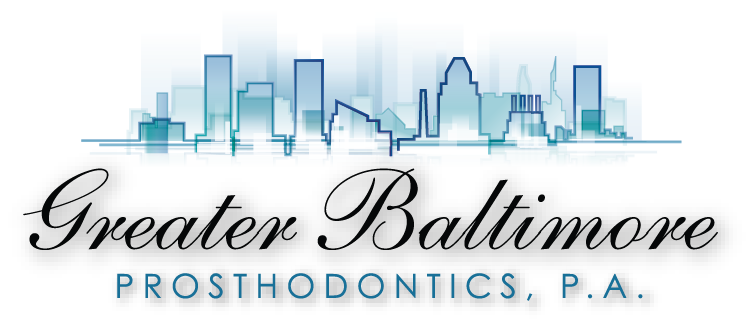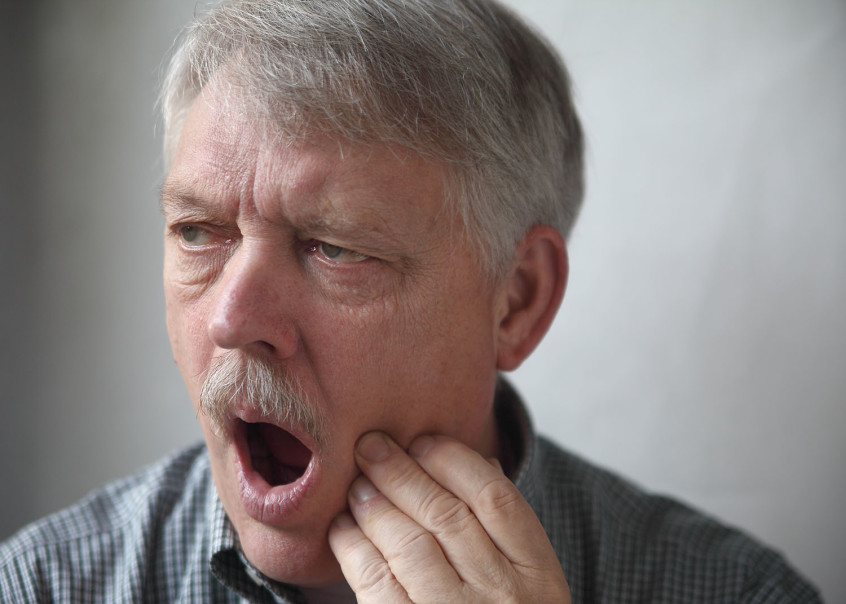Problems involving the temporomandibular joint (TMJ) or chewing muscles fall within the larger category of orofacial pain. Orofacial pain can involve TMJ discomfort, migraines, muscle spasms in the neck, jaw and head, recurring headaches and pain with the face, jaw or teeth. A human swallows around 2000 times a day and for someone with orofacial pain, the discomfort can be impossible to ignore. Someone with missing teeth, misaligned teeth, or an unstable bite may experience trouble because the facial muscles work harder to bring teeth together. Other causes of orofacial pain include trauma to the neck or head, poor posture, and grinding or clenching teeth. The locations of orofacial pain vary and include the jaw, sinuses, cheeks, ears, eyes, or side of the head.
Causes of orofacial pain
It’s important to diagnose the cause of orofacial pain so patients and dentists can work together to find the right treatment. Two of the major causes of orofacial pain are TMJ disorder and sleep disorders.
TMJ disorder
Temporomandibular Disorder called TMJ disorder or TMD, affects up to 10% of Americans and can cause orofacial pain. Research indicates that women 20-40 years old are more likely to suffer from this disorder due to changing hormone levels.
Sleep disorders
If dental and other treatments haven’t alleviated orofacial pain, a person may be suffering from one or more sleep related disorders such as teeth grinding, sleep apnea or snoring. Snoring increases the tendency for airway collapse, which can lead to sleep apnea. People with sleep apnea stop breathing temporarily during their sleep and do so repeatedly, sometimes hundreds of time during their sleep.
Orofacial pain and headaches
Around one out of every eight Americans suffers from headaches and studies suggest that many of those headaches may be caused by muscle tension related to bite. Another orofacial cause of headaches can be clenching jaws muscles for an extended period. Indications that dental issues may be the cause of headaches include:
- Sore or tired jaw muscles when first waking
- Pain or discomfort behind eyes
- Ringing in ears or earaches
- Dizziness
- Back, shoulder or neck pain
- Teeth grinding or clenching
- Jaw joints that pop or click
- Sensitive/painful scalp or head
Treating orofacial pain
Dentists have various treatments for relieving orofacial pain. To stabilize a bite, patients can wear an orthotic over their teeth. Other permanent correction treatments include orthodontics, crowns, mouth appliances or teeth reshaping. Relaxation training, massage therapy and physical therapy can also help. Additional ways to reduce orofacial pain include lifestyle changes such as:
- Eating softer foods
- Avoiding chewing on ice or gum
- Cutting food into smaller pieces
- Sleeping on one’s back
- Keeping teeth slightly apart when not swallowing or chewing
Avoiding resting hand on chin and not resting the phone receiving on the shoulder when speaking.
If you’re experiencing orofacial pain, make an appointment with Greater Baltimore Prosthodontics for a thorough oral exam. Our dental professionals will examine your TMJ and other dental areas to find the cause of your discomfort and work on effective treatment.

